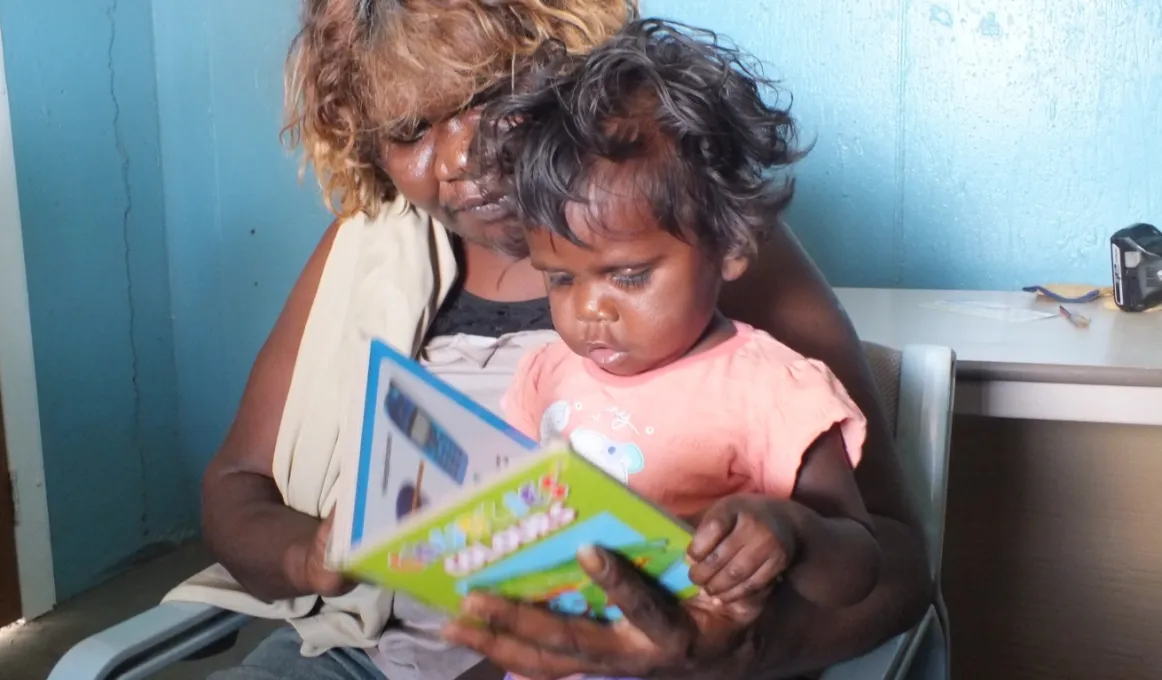Early learning in the Pilbara

Aboriginal children in the remote Pilbara region of Western Australia are getting quality early childhood education through learning centres.
The Pilbara region of northern Western Australia may be remote, but that’s not stopping local children from getting the best possible early childhood education.
Gumala Aboriginal Corporation, representing the Traditional Owners of the Banyjima, Innawonga and Nyiyaparli language groups of the Pilbara, run five early childhood learning centres in the region and are working to build the next generation of community leaders.
Gumala is the Banyjima word for “all together”, which is fitting as Gumala works with parents to help them become their child’s first teacher.
“Zero to four years is a crucial time in a child’s development,” Gumala’s 3a Coordinator Julie Christine said.
“The 3a programme we run at our centres has been specifically created for zero to four year old children,” she said.
“The 3a programme, the Abecedarian Approach Australia, is a collection of teaching and learning strategies involving the parent and child.
“We have over 200 learning games for the children that are simple to play but help develop vital learning skills the children will need when they transition to school. We also educate parents about the importance of teaching their children.”
Gumala is also leading the way in ensuring local children are not left behind by their suburban counterparts.
“Historically, children in remote communities haven’t had access to quality early childhood education, but now they're getting the same support as children in larger regional towns,” Julie said.
Gumala are currently working with the University of Melbourne to research the outcomes of the 3a programme.
Julie is looking forward to getting the full results of the research but can already tell that Gumala’s approach is making a great difference.
“We’ve found that parents and the communities acknowledge the importance of early childhood education and fully support the 3a programme,” Julie said.
“They have a great desire for their child to succeed in life and understand their roles in building the capacity of their children so they grow into strong adults.”
Find out more
The Indigenous Advancement Strategy supports the work of Gumala’s 3a Early Childhood Learning Initiative.